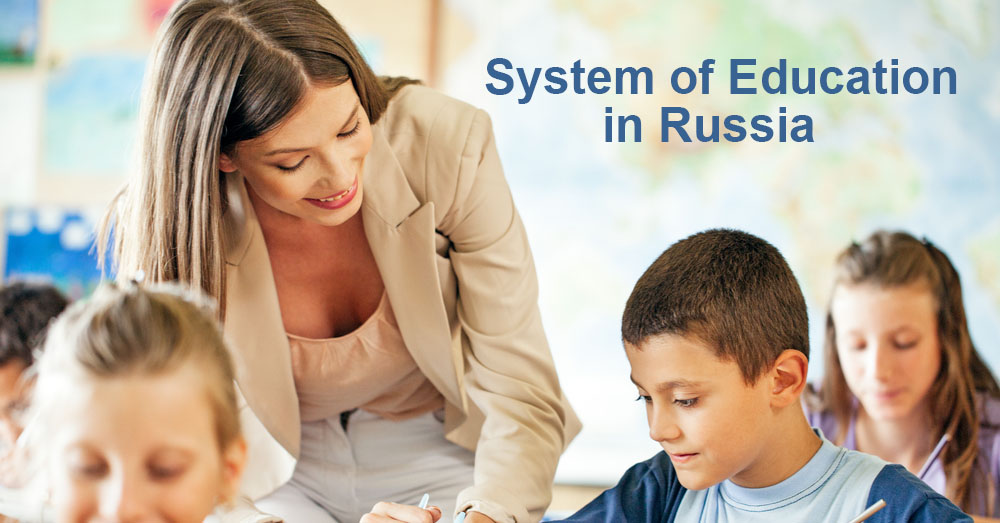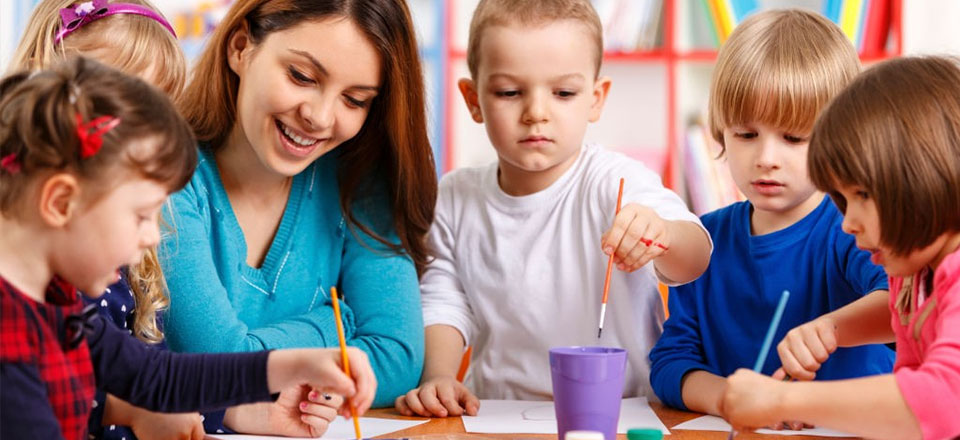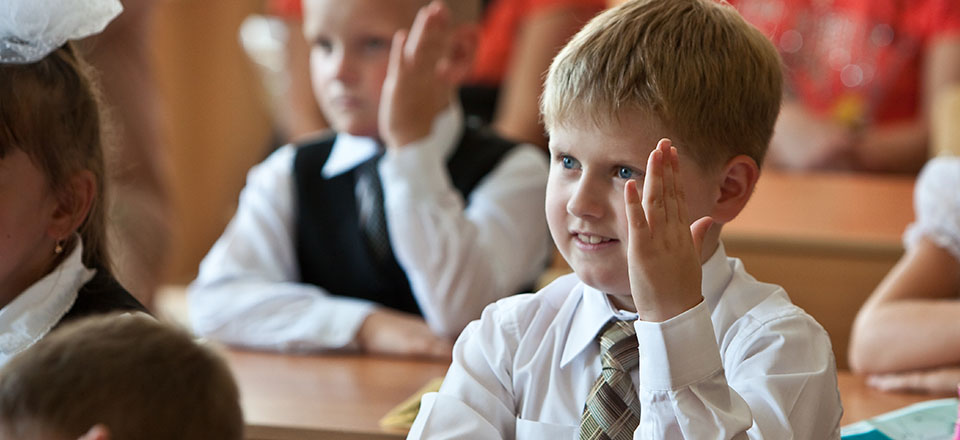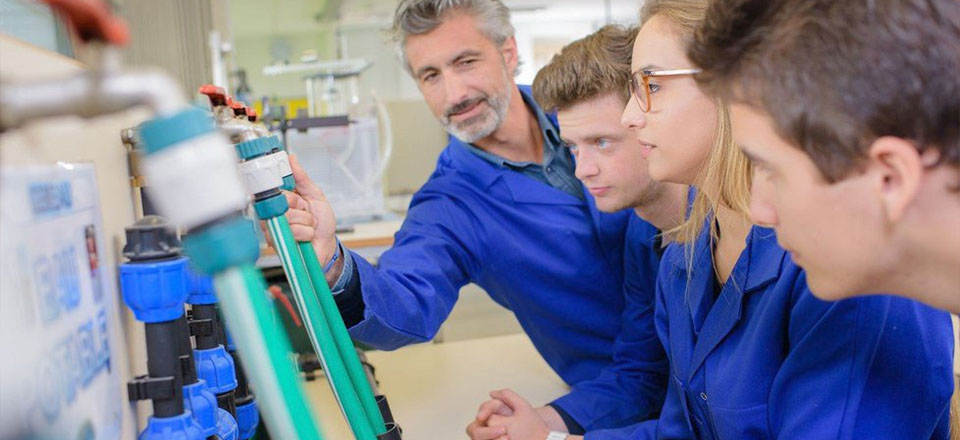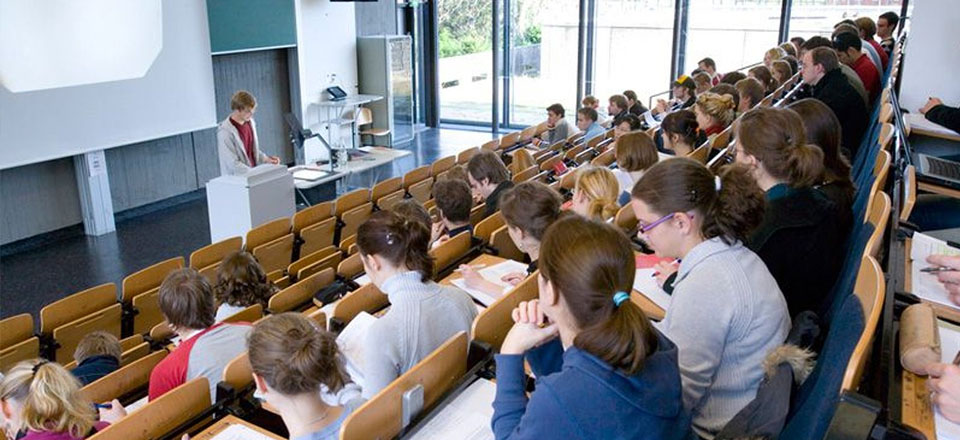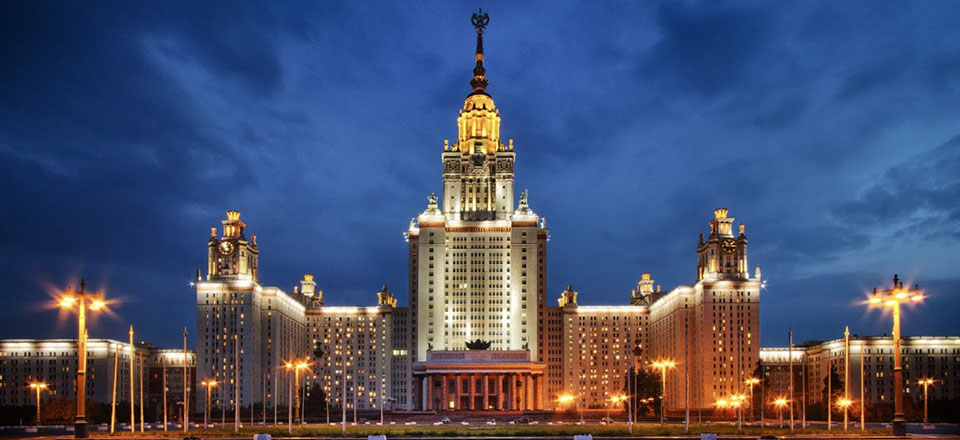Представлено сочинение на английском языке Образование в России/ Education in Russia с переводом на русский язык.
| Education in Russia | Образование в России |
| Education is an important part of modern life. Being educated means to know a lot of necessary and useful things for life, which is why every decent person studies at school. | Образование является важной частью современной жизни. Быть образованным, значит знать много необходимых и полезных вещей для жизни, и по этой причине каждый приличный человек учится в школе. |
| Originally Russian education starts from the early age. Children can start going to kindergarten from the age of two, but this is not a compulsory education. It depends on parents’ decision and child’s wish to attend this institution. However, school is mandatory. Every child starts going to school from the age of seven and till 16. | Изначально Российское образование начинается с раннего возраста. Дети могут начать ходить в детский садик с двух лет, но это не обязательное образование. Это зависит от решения родителей и желания детей посещать это заведение. Однако школа является обязательной. Каждый ребенок начинает ходить в школу с 6 лет и до 16. |
| Mandatory education in Russia is presented by three types of schools: primary, secondary and high. The primary school teaches its pupils elementary skills, such as reading, writing, counting. Many schools also offer foreign languages or some other special disciplines at this age. The most important period is the secondary school, which starts from the 4th or 5th grade, depending on school. This is the time when children start learning Biology, Geography, Chemistry, Physics, Computing, and many other new subjects. At the 9th grade children face a very important period in their life. They have to choose whether to continue school education, or to leave for other types of educational institutions, such as college, specialized schools and else. If the pupil decides to continue studying in high school, which lasts for two years, he can enter the university after school graduation. | Обязательное образование в России представлено тремя видами школ: начальная, средняя и старшие классы. Начальная школа учит своих учеников элементарным навыкам, среди них чтение, письмо, счёт. Многие школы также предлагают иностранные языки или другие специальные дисциплины в этом возрасте. Самый важный период, это средняя школа, которая начинается с 4-го или 5-го класса, в зависимости от школы. Это время, когда дети начинают учить такие предметы, как биология, география, химия, физика, информатика и некоторые другие новые предметы. В 9-м классе дети сталкиваются с очень важным периодом в своей жизни. Им приходиться выбирать либо продолжать школьное образование, либо уйти в другие виды образовательных учреждений, такие как колледж, училище и другие. Если ученик решает продолжить учебу в старших классах, которые длятся два года, он может поступить в университет по окончании школы. |
| Of course, it’s only the general pattern of education in Russia, but there can also be some exceptions nowadays. For example, there are lots of special schools, where they pay attention only to particular subjects. Also, apart from state schools, there are a number of private schools, where education is not free of charge. | Конечно же, это всего лишь общая характеристика образования в России, но в нынешнее время могут быть некоторые исключения. Например, существует множество специализированных школ, в которых уделяется внимание только определенным предметам. Также, помимо государственных школ, существует целый ряд частных школ, где образование не бесплатное. |
Сочинение на тему “Образование в России” на английском языке с переводом на русский язык |
|
Education in Russia |
Образование в России |
|
Education is a significant part of the life. There are many kinds of education: it can be self-education, school education, higher education and so on. Anyway, every kind of education gives us much experience and much knowledge which are connected not only with particular science or scientific field but also with our understanding of the world and of the people’s relationships. |
Образование является важной частью жизни. Существует много видов образования: самообразование, школьное образование, высшее образование и т.д. В любом случае, каждый вид образования дает нам много опыта и много знаний, которые связаны не только с конкретной наукой или научной областью, но и с нашим пониманием мира и отношений между людьми. |
|
The system of education varies from country to country. What is the system of education in Russia? First of all, it is divided into several groups: general education, further education and supplementary education. |
Система образования в каждой стране разная. Какая система образования в России? Прежде всего, образование разделено на несколько групп: общее образование, высшее образование и дополнительное образование. |
|
General education aimed to develop the personal qualities, basic knowledge and skills is divided into four groups: preschool education, elementary education, basic general education and secondary general education. Children who are from the age of two months to the age of seven years can go to preschool institutes. Then children who are from the age of six years and a half to the age of eight years begin to go to elementary school. It is a compulsory step of general education and it lasts four years. The following stage of education – basic general education – lasts five years. After that pupils can have secondary general education which lasts two years or go to institutions of tertiary education. |
Общее образование, направленное на развитие личных качеств, базовых знаний и навыков, подразделяется на четыре группы: дошкольное, начальное, основное общее и среднее общее. Дети, которые в возрасте от двух месяцев до семи лет могут поступить в дошкольные учреждения. Затем дети, которые в возрасте от шести с половиной до восьми лет, начинают ходить в начальную школу. Это обязательный шаг общего образования, и он длится четыре года. Следующий этап обучения – основное общее образование – длится пять лет. После этого ученики могут получить среднее общее образование, которое длится два года, или поступать в учреждения среднего и высшего образования. |
|
Further education includes tertiary education, bachelor’s degree, specialist degree, master’s degree and postgraduate degree. Also it is possible both for children and adults to have the supplementary education. |
Высшее образование включает среднее профессиоанльное образование, бакалавриат, специалитет, магистратуру и аспирантуру. Также возможно как для детей, так и для взрослых, получить дополнительное образование. |
Словарь
- exception [ɪkˈsepſ(ə)n] — исключение;
- compulsory [kəmˈpʌlsərɪ] — обязательно;
- skill [skɪl] — мастерство;
- to depend [dɪˈpend] — зависить;
- mandatory [ˈmændətərɪ] — обязательный;
Education is an important part of modern life.
Originally Russian education starts from the early age. Children can start going to kindergarten from the age of two, but this is not a compulsory education. It depends on parents’ decision and child’s wish to attend this institution.
In the Russian Federation the school education is compulsory. Pupils start going to school from the age of seven and till 16.
Mandatory education in Russia is presented by three types of schools: primary, secondary and high.
The primary school teaches its pupils elementary skills, such as reading, writing, counting. Many schools also offer foreign languages or some other special disciplines at this age.
The most important period is the secondary school, which starts from the 4th or 5th grade, depending on school. This is the time when children start learning Biology, Geography, Chemistry, Physics, Computing, and many other new subjects.
At the 9th grade children face a very important period in their life. They have to choose whether to continue school education, or to leave for other types of educational institutions, such as college, specialized schools and else. If the pupil decides to continue studying in high school, which lasts for two years, he can enter the university after school graduation.
Of course, it’s only the general pattern of education in Russia, but there can also be some exceptions nowadays. For example, there are lots of special schools, where they pay attention only to particular subjects. Also, apart from state schools, there are a number of private schools, where education is not free of charge.
When they complete high grades they can either continue to study at school for more 2 years, or go to a professional school where they study not only main subjects, but are able to learn some profession. When school pupils leave school they can try to continue their educaton in institutes or universities.
Топик «Образование в России» (Education in Russia) — 4.3 out of
5
based on
54 votes
Education in Russia is a set of study programs which are compiled in accordance with the regulations on the state standard of education. However, the system of education in Russia has its special features which we are going to look closer at in this article.
Education in Russia includes several stages:
- Pre-school education
- General secondary education
- Vocational education
- Higher education
Pre-school Education
Pre-school education is a first stage in the system of education which is represented by crèches and kindergartens, less frequently by other educational institutions which look after children and provide education according to pre-school education program. Every parent is ensured with a possibility to send their child to one of these institutions.
Children can start going to crèches when they are 1-year old, and they can stay there until when they are 3 years old. After that, they go to kindergartens. Children complete their education at kindergartens at the age of 6 or 7. In Russia pre-school education is not compulsory, so parents decide if their children will attend a crèche or a kindergarten or they won’t.
Recently there also appeared pre-schools where children can go at the age of 5. There children learn basic reading and writing skills.
General Secondary Education
According to the law of the Russian Federation, general secondary education includes:
- Primary general secondary education (from 6 to 10 years of age, 1-4 grades)
- Basic general secondary education (from 10 to 15 years of age, 5-9 grades)
- Complete general secondary education (from 15 to 17years of age, 10-11 grades)
When a child turns 6 years old, he/she starts obtaining primary general education. Children can go to a school, gymnasium, or lyceum. Gymnasiums and lyceums are different from schools as they provide advanced training, or they introduce additional study subjects which will be useful for the students who are planning to enter higher educational institutions.
After completing primary secondary education, children at the age of 10 undergo basic general education. It lasts for 5 years. After grade 9 students receive certificate of general education which allows them to continue their education at grade 10 at school, gymnasium, or lyceum.
Complete general secondary education is the last stage of general education which lasts for 2 years. Then, at grade 11 students take examinations and receive certificates of complete general secondary education.
Vocational Education
After school children in Russia have a wide choice of educational institutions where they can obtain vocational education, whose aim is to train qualified workers.
After graduating grade 9 or 11, children can enter a technical school or college. There is one feature: if children enter a college or technical school after grade 11, their training will take shorter time, as they have already completed a program of general secondary education at grades 10 and 11.
In what way a college is different from a technical school?
The level of education at college is considered to be higher than at technical school, as the system of education there is similar to higher education. Technical schools are more specific, and the level of education there is considered to be basic.
Higher Education
In Russia, there is a 3-level higher education:
- Baccalaureate (4years)
This is a complete higher education. Students who have graduated general secondary school, or those who obtained vocational education can get admitted to bachelor’s course. After completing a bachelor’s program, graduates receive a diploma with their qualification.
- Specialist (5 years)
Unlike bachelor’s program, after graduating the specialist program, a graduate obtains a specialist diploma.
- Magistr (6 years)
Master’s program is a second level of higher education. Only students who already hold bachelor’s or specialist’s degrees can do master’s program. Doing a master’s program, you can expand your knowledge and improve your qualification in the profession you have already chosen.
Higher education is a final stage of education in Russia. According to the law of the Russian Federation institutes, universities, and academies are recognized as institutions of higher education.
Institute trains specialists in one sphere, for example, economics, psychology, or medicine. It is its peculiar feature.
University offers a wide range of specialties. At university, you can undergo training in various areas.
Academy, in turn, differs with its narrower set of specialties for one particular industry, for example, agricultural academy, mining academy, economic academy, etc.
There is also an incomplete higher education. Students study at least for two years, although they were not able to complete the full course.
In conclusion, we would like to mention that the system of education in Russia is organized in the way so any citizen of Russia who has a desire to study is provided with this opportunity. After all, if a person has certain knowledge, they can choose a school and a sphere that are really interested in.
| Янв 13, 2016 | Английские темы, топики, сочинения |
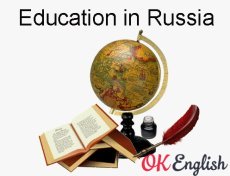
Топик (сочинение) по английскому языку на тему Education in Russia — Образование в России
Education plays a very important role in our life. It is one of the most valuable possessions a man can get in his life.
The literacy rate in Russia is almost 100%. Half of Russia’s adults has at least college education. So Russia has the highest college-level education in the world.
Russia has pre-school educational system. About 2/3 of children aged 5 attend kindergartens. Since the age of 6 or 7 children attend school. Eleven-year secondary education in Russia is compulsory. School term has 3 stages: elementary (grades 1-4), middle (grades 5-9) and senior (grades 10-11) classes.
Before 1990 the course of school training was 10-years, but since 1990 school study lasts for 11 years. Education in state schools is free. Male and female students have equal rights in all stages of education.
The school year starts in September 1 and finishes in May. It is divided into four terms. Study programme in schools is fixed. It means that schoolchildren can’t choose subjects they want to study.
When children finish school, they have to pass the Unified state examination (USE). It’s the set of standardised tests.
University level of education in Russia is high. The country inherited a system of high level of education from the Soviet Union.
A student can continue his/her education in colleges and universities.
| Education in Russia | Образование в России |
| Education plays a very important role in our life. It is one of the most valuable possessions a man can get in his life. | Образование играет очень важную роль в нашей жизни. Это одна из самых ценных вещей, которую человек может получить в своей жизни. |
| The literacy rate in Russia is almost 100%. Half of Russia’s adults has at least college education. So Russia has the highest college-level education in the world. | Уровень грамотности в России практически 100%. Половина взрослого населения имеет как минимум профессиональное образование. Так что Россия имеет самый высокий уровень среднего профессионального образования в мире. |
| Russia has pre-school educational system. About 2/3 of children aged 5 attend kindergartens. Since the age of 6 or 7 children attend school. Eleven-year secondary education in Russia is compulsory. School term has 3 stages: elementary (grades 1-4), middle (grades 5-9) and senior (grades 10-11) classes. | Россия имеет систему дошкольного образования. Около 2/3 детей 5-летнего возраста посещают детские сады. С возраста 6-7 лет дети посещают школу. В России обязательное 11-летнее школьное образование. Школа делится на 3 ступени: начальная (1-4 класс), средняя (5-9 класс), полная (10-11 классы). |
| Before 1990 the course of school training was 10-years, but since 1990 school study lasts for 11 years. Education in state schools is free. Male and female students have equal rights in all stages of education. | До 1990 года длительность школьного образования составляла 10 лет, но с 1990 школа длится 11 лет. Образование в государственных школах бесплатное. Учащиеся мужского и женского пола имеют равные права на всех стадиях образования. |
| The school year starts in September 1 and finishes in May. It is divided into four terms. Study programme in schools is fixed. It means that schoolchildren can’t choose subjects they want to study. | Школьный год начинается 1 сентября и заканчивается в мае. Он делится на 4 четверти. Школьная программа единая для всех. Это значит, что школьники не могут выбирать, какие предметы учить. |
| When children finish school, they have to pass the Unified state examination (USE). It’s the set of standardised tests. | Когда дети заканчивают школу, они должны пройти Единый государственный экзамен (ЕГЭ). Они представлены в виде стандартизированных тестов. |
| University level of education in Russia is high. The country inherited a system of high level of education from the Soviet Union.A student can continue his/her education in colleges and universities. | Уровень высшего образования в России высокий. Эта страна унаследовала систему полного образования от Советского Союза.Студент может продолжить образование в разного рода колледжах и университетах. |
Английские темы, топики, сочинения для школьников и студентов
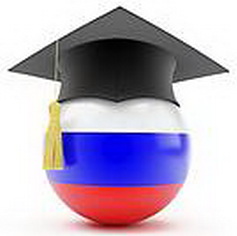
The Russian children usually start to go to school when they are seven years old. First the children learn at the elementary school. They visit the elementary school for four years. The children get there the elementary education. It means they learn to count, to read and to write. In the most schools the children also learn a foreign language beginning from the second form.
Русские дети обычно начинают ходить в школу, когда им исполняется семь лет. Сначала дети учатся в начальной школе. Начальную школу они посещают в течение четырех лет. Там они получают начальное образование. Это значит, что они учатся считать, читать и писать. В большинстве школ дети также начинают изучать иностранный язык, начиная со второго класса.
The fifth form means the beginning of the secondary education. The children learn different subjects, for example Biology, Literature, Chemistry, Physics, Informatics. In Russia the nine-year basic incomplete secondary education is compulsory. After that the children have to decide what they will do from now forth. On the one hand, they can continue their schooling and get the complete eleven-year secondary education. On the other hand, they can enter a college giving them the complete secondary education and trade training. After graduating from college the young people became financially independent and can start to work.
Пятый класс означает начало получения среднего образования. Дети изучают различные предметы, например, биологию, литературу, химию, физику, информатику. В России обязательным является девятилетнее незаконченное среднее образование. После этого дети должны решить, что они будут делать в дальнейшем. С одной стороны, они могут продолжить свою учебу в школе и получить одиннадцатилетнее законченное среднее образование. С другой стороны, они могут поступить в какой-либо колледж, который даст им и законченное среднее образование, и обучение по специальности. После окончания колледжа молодые люди становятся независимыми в финансовом отношении и могут начинать работать.
Currently there are different types of schools in Russia. The children and their parents can choose a regular school, a school with advanced study of some subject, a private school. Private schools in Russia are always fee-paying.
В настоящее время в России существуют разные типы школ. Дети и их родители могут выбрать общеобразовательную школу, школу с углубленным изучением какого-либо предмета, частную школу. Частные школы в России всегда платные.
After graduating from school or college our young people can enter universities or institutes, where they get higher education.
После окончания школы или колледжа молодые люди могут поступать в университеты или институты, где они получают высшее образование.
by Renee Stillings
(Перевод Т. Синицыной)

